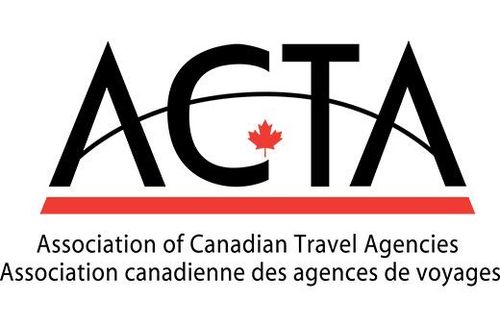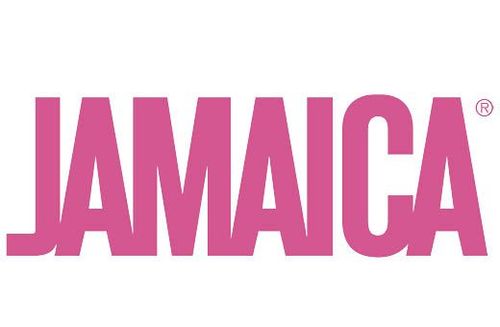Where travel agents earn, learn and save!
News / ACTA reacts to TICO’s pending fee hikes
“This decision to increase fees while maintaining a registrant-paid model for the Compensation Fund is a significant setback for travel agencies and advisors.”

ACTA has called TICO’s decision to increase registrant fees a “significant setback for travel agencies and advisors.”
The new fees, which was posted in a Notice of Fee Change last week, will come into effect on April 1, 2024. The new funding model represents a 3.4% aggregate increase in total fees paid by registrants, based on sales from 2019/2020. The Notice of Fee Change can be viewed here, with full details on the new fee bands and renewal fees.
CTA (Association of Canadian Travel Agencies and Travel Advisors) has long advocated for a consumer-pay model for the Compensation Fund, similar to Quebec’s, as a way to minimize the fee structure for its members.
“This decision to increase fees while maintaining a registrant-paid model for the Compensation Fund is a significant setback for travel agencies and advisors. These changes impose an undue financial burden on our industry, particularly during a period of recovery and rebuilding,” said Wendy Paradis, ACTA President.
Over the years, ACTA has voiced its concerns about the TICO funding formula with the Government of Ontario and TICO.
“Unfortunately, despite lengthy consultations with the Ontario government and TICO, our concerns have not been addressed, leading to this unfavourable outcome,” said Paradis.
The Need For A Thorough Review
ACTA has emphasized the need to re-evaluate prior studies, assess the provincial government’s role in federally regulated sectors like airlines, expedite consultations, as well as to rethink TICO’s core mandate and value to consumers.
“We have strongly advocated for key items, including pausing any changes proposed by TICO until a thorough review of the Travel Industry Act is completed, as recommended by the Auditor General’s report,” said Paradis.
In December 2023, TICO was taken to task in an audit from the Office of the Auditor General of Ontario, which noted that “TICO’s cost to administer the Compensation Fund may outweigh the benefits it provides to consumers.” The report also found that since 1997, TICO has used an estimated $31 million from the Compensation Fund to cover its own operating costs.”
The 51-page audit can be viewed here.
ACTA has advocated for simplifying the Travel Industry Act, focusing on core priorities that protect consumer funds and reduce burdens on Ontario registrants, particularly small travel businesses, at the same time.
“ACTA’s stance has been clear: if the current, costly Compensation Fund system, which provides minimal benefit to consumers, is to continue, significant changes are necessary. Yet despite advocating for a consumer ‘insurance’ contribution model for enhanced protection, ACTA has been met with resistance to this change,” said Paradis.
Fund Should Be Eliminated If Not Reformed
If substantial improvements to the Compensation Fund model are not forthcoming, said Paradis, “we urge the government to consider eliminating the fund or advocating for a national program funded by the beneficiaries – the travel consumers.”
Noting that the new fee changes are likely to have a detrimental effect on the travel industry, Paradis added that ACTA members will be at a competitive disadvantage in what is becoming a global marketplace, adding an additional layer of financial strain.
“We are committed to engaging further with government officials and TICO to revisit and reconsider this decision, advocating for a more equitable approach,” said Paradis.
Source: Travelweek











